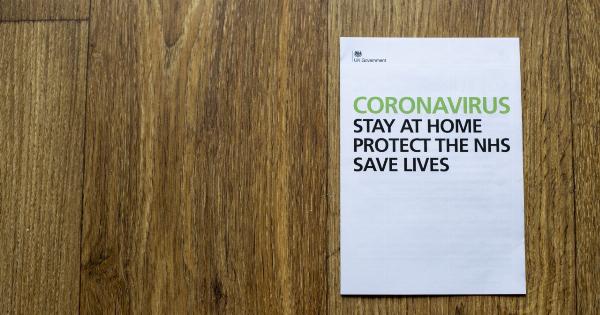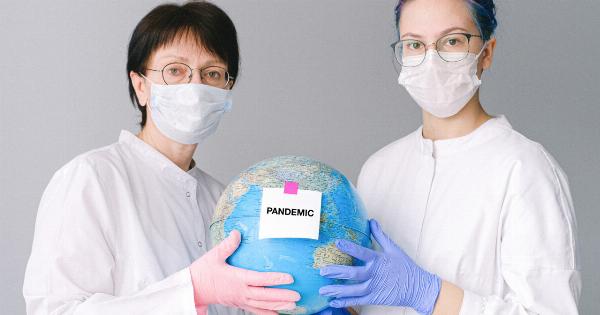The West Nile virus is a mosquito-borne illness that has been identified in Africa, Europe, the Middle East, and North America. It is typically transmitted to humans through the bite of an infected mosquito.
The virus was first isolated in 1937 when it was found in a woman in the West Nile district of Uganda. The first known outbreak of the West Nile virus in the United States occurred in New York City in 1999. Since then, the West Nile virus has been a growing concern across the country, with 60 outbreaks reported in 2021 alone, resulting in three deaths.
What is the West Nile Virus?
The West Nile virus is a flavivirus that is similar to the dengue and yellow fever viruses. It is considered a public health concern because it can cause a variety of symptoms in humans that range from mild to severe.
The virus is transmitted to humans through the bite of an infected mosquito. Once the virus has entered the human body, it can replicate and spread to the central nervous system.
What are the Symptoms of West Nile Virus?
The symptoms of the West Nile virus can vary from person to person. Some people may not show any symptoms, while others may develop severe symptoms.
According to the Centers for Disease Control and Prevention (CDC), about 1 in 5 people who are infected with the West Nile virus will develop symptoms.
The symptoms of the West Nile virus can include fever, headache, body aches, joint pains, vomiting, diarrhea, and rash. Some people may also experience a swollen lymph node, eye pain, or a sore throat.
In rare cases, the virus can cause encephalitis or meningitis, which can result in severe neurological complications such as seizures, coma, and paralysis.
How is the West Nile Virus Diagnosed?
The West Nile virus can be diagnosed through a blood test or a spinal tap. If a person is suspected of having the West Nile virus, their doctor may order blood tests to look for antibodies to the virus.
If antibodies are present, it indicates that the person has been exposed to the virus.
In some cases, a spinal tap may be necessary to confirm the diagnosis. A spinal tap is a procedure in which a needle is inserted into the space around the spinal cord to collect a sample of cerebrospinal fluid.
The fluid is then examined for signs of infection or inflammation.
How is the West Nile Virus Treated?
There is currently no specific treatment for the West Nile virus. The treatment is supportive care, which means that the symptoms are treated individually. For example, if a person has a fever, they may be given medication to reduce the fever.
If a person has severe neurological complications, they may be hospitalized and given supportive care such as intravenous fluids and respiratory support.
In some cases, antiviral medication may be used to treat the West Nile virus. However, these medications are not often used because they are expensive and have limited efficacy.
How Can the West Nile Virus be Prevented?
The best way to prevent the West Nile virus is to avoid exposure to mosquitoes.
This can be done by using insect repellent, wearing long-sleeved shirts and pants, and avoiding outdoor activities during peak mosquito hours, which are typically dawn and dusk. It is also important to eliminate standing water around the home, which can serve as breeding grounds for mosquitoes.
Public health officials also use mosquito control measures to reduce the number of mosquitoes in an area.
These measures can include the use of insecticides to kill adult mosquitoes and larvae, as well as the use of mosquito traps to capture and kill adult mosquitoes.
Conclusion
The West Nile virus is a growing concern in the United States, with 60 outbreaks reported in 2021 and three deaths.
It is important for individuals to take steps to prevent exposure to mosquitoes and to seek medical attention if they develop symptoms of the virus. Public health officials are also working to control the spread of the virus through mosquito control measures.

























